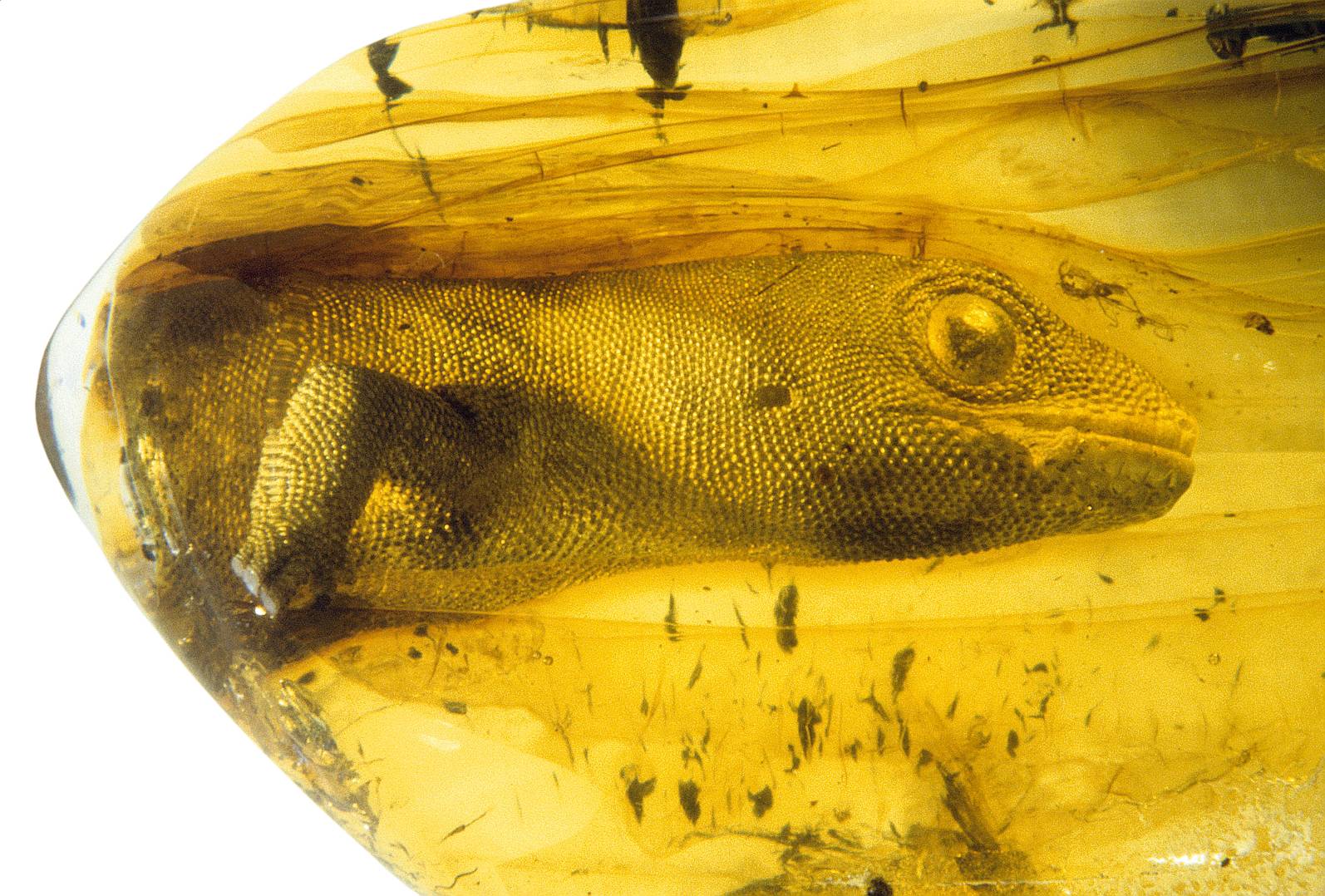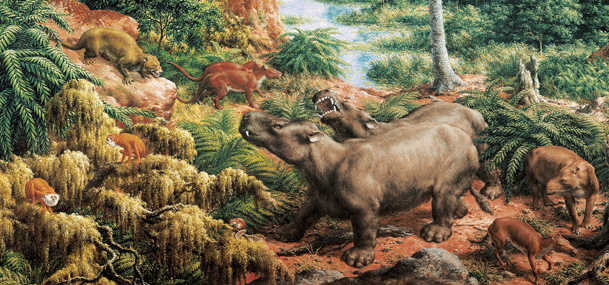It is incredible to think that a small gecko trapped in amber for 54 million years has now become a scientific revelation. The fossilization of the gecko in pristine condition is an opportunity for us to understand the behavior, anatomy, and morphology of geckos from millions of years ago.

The discovery was made in 2004 by researchers Aaron M. Bauer, from the Department of Biology in Villanova University, Wolfgang Bohme from Museum Alexander Koenig and Wolfgang Weitschat from the University of Hamburg.
This striking revelation serves as a testament to the incredible depth and complexity of our planet’s history, highlighting the importance of continued paleontological research and exploration. As we uncover more about our planet’s past, we gain valuable insights into the evolution and development of life on Earth, allowing us to better understand our place in the world around us.
Following extensive scientific analysis, the research papers revealed that the fossil belonged to the Early Eocene epoch. For those unfamiliar with this geological time frame, the Eocene Epoch or period, which lasted from 56 to 33.9 million years ago, is recognized as the second largest subdivisions of the Paleogene Period within the modern Cenozoic Era.

According to the researchers, this gecko was trapped in Baltic amber and was discovered in north-western Russia. They claim that this fossil is “the oldest gekkonid lizard to be represented by more than fragmentary skeletal remains. The digits of the specimen are mostly intact and reveal a unique combination of characters not seen in any living form.”
The discovery also revealed that the scansors (the tiny gecko feet) are similar to those found in current era geckos and they proved that a complex adhesive system was present in the geckos nearly 20 to 30 million years earlier than previously believed.
This basically means that geckos have been on this planet for nearly that long and have survived whatever nature has thrown in front of them to this date. How incredible and strange is it at the same time?
After reading about the 54-million-year-old gecko trapped in amber, read about the prehistoric octopuses that were around before dinosaurs.




